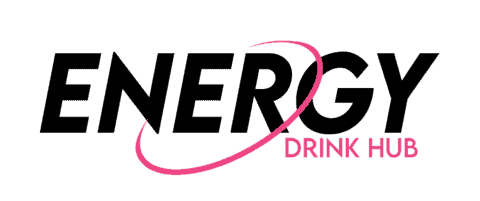Soft drinks and energy drinks are becoming increasingly famous in a popular era.
Soft drinks and sports drinks are not the same as energy drinks. Caffeine levels in soft drinks are lower. Energy drinks can contain vitamins, carbohydrates, and sugar.
You can drink them after a strenuous workout to restore your body’s fluid equilibrium. Both energy drinks and soda have advantages and disadvantages, but moderation is crucial at the end of the day.
If you decide to consume either of these popular beverages, avoid the drinks that include a high amount of sugar and synthesized caffeine, which can be dangerous to your health.
You’ve come to the right place if you’ve ever wondered what the difference between energy drinks and soft drinks is, as well as their benefits and drawbacks. Continue reading to find out all you need to know about these two famous beverages.
Let’s get started!
Page Contents
Are Energy Drinks Considered Soft Drinks?
Energy drinks are distinct from soft drinks, which do not really contain caffeine or have trace quantities of caffeine.
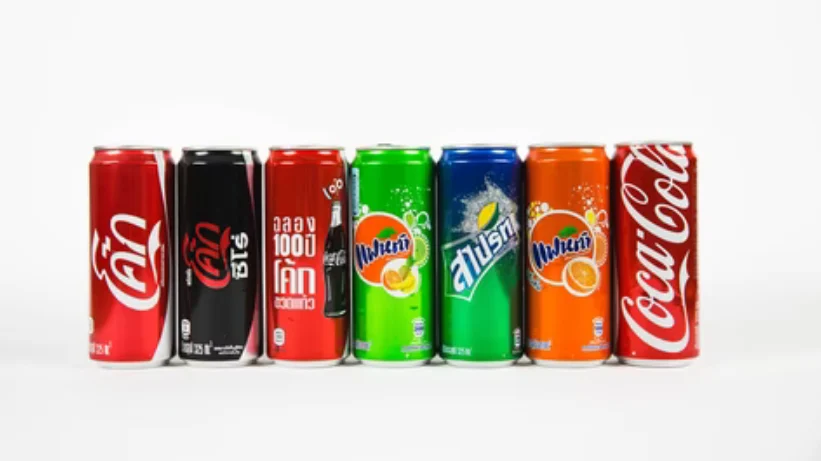
Although some energy drinks are classified as beverages, others may be sold as nutritional supplements, especially those containing food additives like taurine or other amino acids.
Energy Drinks: What Effects Do it Have On Your Body?
Energy drink producers claim that their goods increase energy levels. Those claims were often based on the proprietary formula in which the stimulant effects of a drink were stated to be generated from a specific mix of chemicals.
However, a study has shown that the stimulant impacts of energy drinks are predominantly attributable to caffeine.
Other components, such as taurine and vitamins B6 and B12, may have biological effects but are not known to raise energy levels. However, the effects of certain compounds, such as glucuronolactone, are unclear.
Vitamins and other additive levels in energy drinks can sometimes surpass suggested daily amounts.
The following are some effects of energy drinks on the body:
- Boost your blood pressure
- Increase your chances of having irregular heartbeats
- Influence your sleep
- Can result in weight growth
- Make your teeth deteriorate
- Contribute to mental-health issues
- Diabetes risk might increase
- Can trigger kidney damage
Caffeine In Energy Drinks And Soft Drinks
Soft drinks and energy drinks are popular among teens and young adults due to their caffeine content.
When the two items are compared side by side, energy drinks contain much more caffeine than soft drinks.
Caffeine concentration in energy drinks ranges from 50 to 300 mg per 8 oz. serving.
The majority of energy drinks include a significant amount of caffeine. It offers you energy and increases your alertness.
According to the Mayo Clinic, an 8-ounce cup of coffee contains around 95–200 mg of caffeine.
A 2-ounce 5-Hour Energy shot provides around the same amount of caffeine (200–207 mg). According to an information sheet produced by the University of California, Davis, it can be harmful at high dosages (above 400 mg).
Excessive caffeine use can harm your health in the following ways:
- Dehydration
- Excessive production of urine
- Stomach disorders
- Nausea
- Increased blood pressure
- Depression
- Restlessness
- Increased heart rate leading to death
- Obesity
- Increased body weight
- Fever
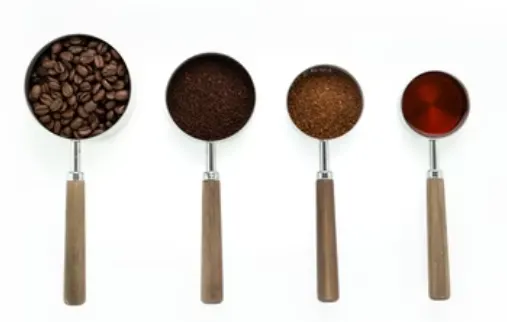
Do Soft Drinks Have More Sugar Than Energy Drinks?
The specific amounts of sugar vary depending on the type and flavor of soft drinks. However, soft drinks typically contain far more sugar than energy drinks.
Soft drinks typically include 35 to 45 g of sugar per serving, whereas energy drinks have 20 to 30 g of sugar per serving.
After consuming sugar, some people might suffer some health risks:
- According to a 2019 study, 1 hour after consuming sugar, individuals felt tired and less attentive than a control group.
- According to a source, increasing sugar intake increases the risk of depression and mood disorders in men.
- According to Johns Hopkins Medicine, certain forms of sugar can induce bloating and gas in those who have digestive issues such as irritable bowel syndrome (IBS) or small intestine bacterial overgrowth (SIBO).
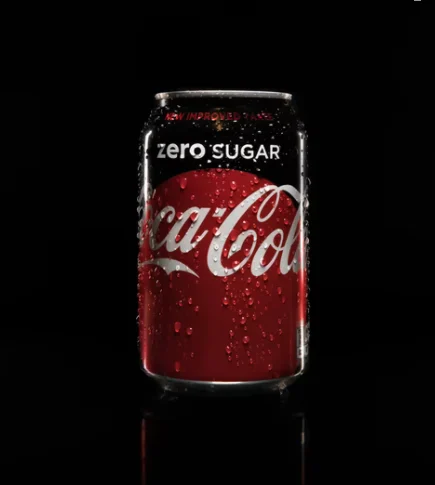
Obesity In Children And Sugar
Sugars are a type of carbohydrate that supplies energy to the body.
Our bodies require sugar to function correctly. When sugar is added to food and beverages, it provides a fast supply of energy (kilojoules) but no other vital elements such as protein, minerals, vitamins, or dietary fiber.
When we consume too much sugar, our bodies cannot digest it, which can lead to health issues like obesity and tooth decay.
Unfortunately, sugar is disguised in many of our children’s favorite foods, including savory ones, and is abundant in fizzy beverages.
Drinking a 600ml bottle of soft drink with 16 teaspoons of sugar would surpass a 14-year-old girl’s permitted daily calorie intake from refined carbohydrates.
Components Of Energy Drinks And Soft Drinks
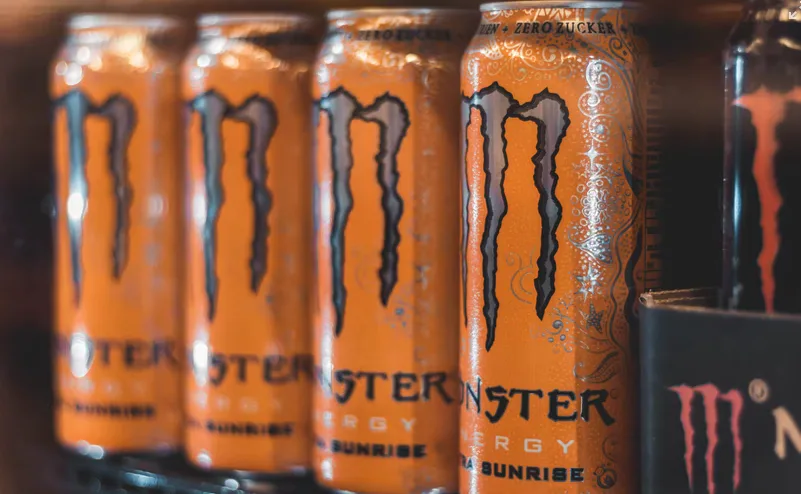
| Components | Energy Drink | Soft Drink |
| Caffeine | Contains more caffeine | Has trace amounts of caffeine or even none |
| Guarana | Usually part of the common ingredients | Typically used as a flavoring |
| Taurine | Commonly used in its formulation | Less common in its formula |
| Carbon Dioxide | A less common component | One of its main components |
| Flavors | Typically has more flavors with creative names per brand | Has more common flavors and names |
| Sweeteners | Often use sweeteners like acesulfame potassium or sucralose | Can contain sugar, high fructose corn syrup, or aspartame |
Caffeine
Caffeine is a naturally occurring stimulant of the brain and neurological system. It keeps you awake and productive, avoids weariness, and may help you enhance your mood.
In 16 ounces, most energy drinks contain between 70 to 400 mg of caffeine. On the other hand, soft drinks can contain relatively small amounts of caffeine or even none.
Guarana
This Amazon jungle native plant is high in antioxidants, which help the body combat free radicals. Guarana is a high-caffeine source with an antioxidant profile similar to green tea.
It can help keep your mind bright and concentrated and reduce muscle discomfort and soreness. Its concentration in energy drinks can range from 1.4 mg to 300 mg. On the other hand, guarana in soft drinks is typically used as flavoring.
Taurine
Taurine is a prevalent component in several popular energy drinks. It is an amino acid required for various metabolic activities in the body, supporting neurological development and regulating the number of nutrients and water in the blood.
According to animal studies examining the two stimulants, too much taurine mixed with caffeine may have harmful effects on the teenage brain.
Carbon Dioxide
Of course, the main element in soft drinks is the components that “make liquid boil.” This nontoxic gas creates glitter while also serving as a mild preservative. It’s inert so that it won’t react with the other chemicals in the mix.
Flavors
Flavors are frequently found in both soft drinks and energy drinks. They are either artificial and used to enhance or balance the flavor of other substances or natural.
Sweeteners
Sugar has mostly been replaced with high fructose corn syrup. The artificially sweetened aspartame has surpassed cyclamates and saccharin as the preferred low-calorie sweetener. Sometimes the sweeteners neotame, acesulfame, and sucralose are used.
Can I Take Soft Drinks Or Energy Drinks When I’m Pregnant?
It is not recommended to consume energy drinks during pregnancy as they usually contain higher levels of caffeine than other beverages. On the other hand, as soft drinks often contain less caffeine or just a trace amount, it is generally okay to consume soft drinks occasionally.
The American Pregnancy Organization suggests that pregnant women should limit caffeine consumption to 200 mg per day and this includes caffeinated food and beverages.
Research suggests that too much sugar and caffeine can have an effect on pregnancy and a baby’s development even after birth.
To ensure safety, it’s best to avoid consuming highly caffeinated energy drinks or sugary beverages like soft drinks.
Energy Drinks Or Soft Drinks: What Should I Drink When I Have A Migraine?
Basically, drinking a serving of caffeinated beverages, such as soft drinks and energy drinks, is fine for most people even when they have migraines.
It is believed that caffeine can bring relief and help reduce inflammation. However, it is reported that taking highly caffeinated drinks can induce a migraine attack.
So, the key is to limit yourself to 150-200mg of caffeine per day. But you should also consider your caffeine tolerance when deciding to drink caffeinated beverages.
Should Children Consume Energy Drinks Or Soft Drinks?
Children should rather consume soft drinks instead of energy drinks.
The American Academy of Pediatrics suggests that children and adolescents should avoid drinking energy drinks as these beverages contain high levels of caffeine which can be harmful to them.
It is generally safe for kids to drink soft drinks, however, consuming soft drinks can increase the risks of tooth decay and sugar-related health risks.
Are Soft Drinks Healthier Than Energy Drinks?
Basically, energy drinks contain more nutrients than soft drinks. However, soft drinks are more acceptable for consumption for most people.
Energy drinks often contain B vitamins, ginseng, taurine, and other nutrients. Most of these components are not present in soft drinks.
However, pregnant women, children, and people with medical conditions are not encouraged to consume energy drinks.
Although soft drinks often have higher sugar content than energy drinks, a serving of soft drinks is generally safe for consumption.
Alternatives
You can also consider the following alternative beverages if you want to try something else.
Coffee
Coffee is typically listed as a substance to avoid, although, in moderate doses, it is still superior to commercial energy drinks. Night shifts are lengthy and exhausting, so try to start with a cup of coffee and then switch to any of the other alternatives on our list during your break.
Tea Made From Ginger Root
Ginger root has anti-inflammatory and digestive properties, and it may help prevent cancer and Alzheimer’s disease, among other things. Although it lacks caffeine and cannot deliver a rapid energy boost, its numerous health advantages may help you keep your energy levels and stay entirely healthy.
Coconut Water
Researchers have identified a healthy remedy that not only increases energy levels in joggers and athletes but also decreases blood sugar levels and the risk of diabetes. It’s because of the coconut water.
Coconut water, particularly organic coconut water, is devoid of artificial sweeteners and other ingredients. It is minimal in calories, so you receive all of the natural benefits of the superfruit, which is naturally cholesterol and fat-free. It is also abundant in potassium, which your body requires to keep hydrated.
Other Beverages
Final Thoughts
- Several studies and data have demonstrated that both soft drinks and energy drinks are devoid of nutrients.
- So, which one, if any, should we go with? Is it better to choose an option that will provide an extra burst of energy when you need it?
- Stick to natural beverages with up to 200mg of caffeine and no added sugars for your health. You’ll still get the needed pick-me-up without the risk of health problems.
- In addition, be aware of the underlying causes of your fatigue and inability to focus.
